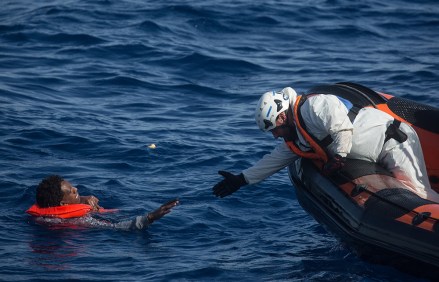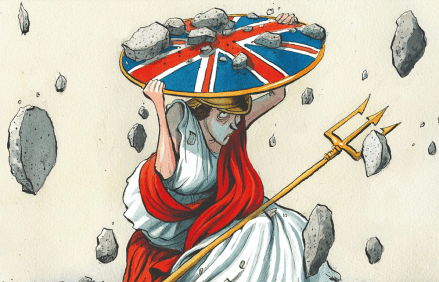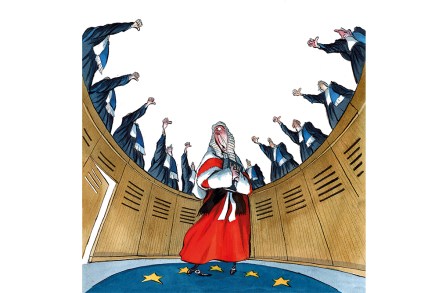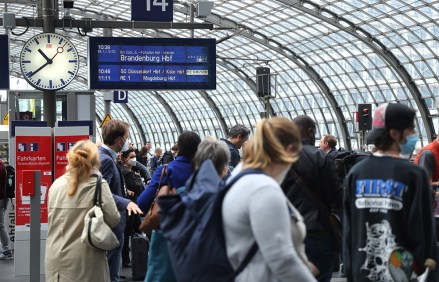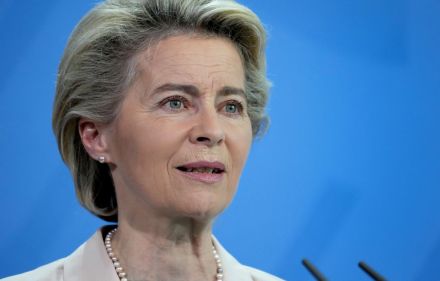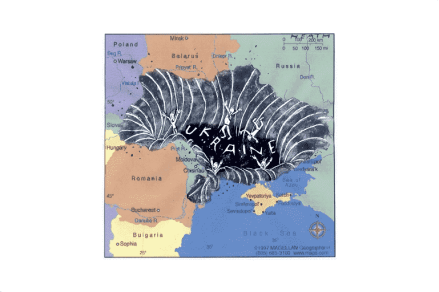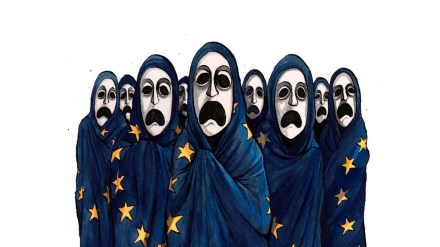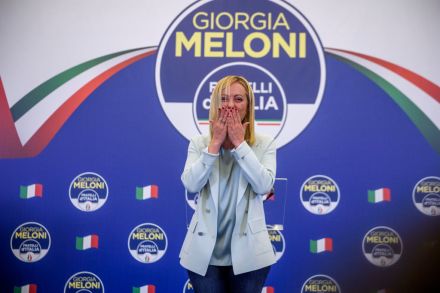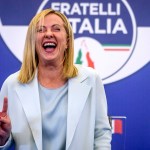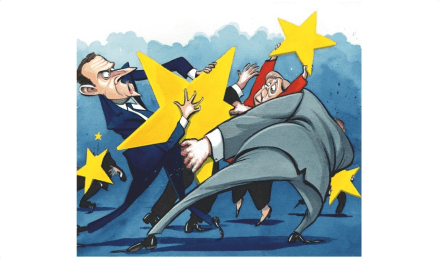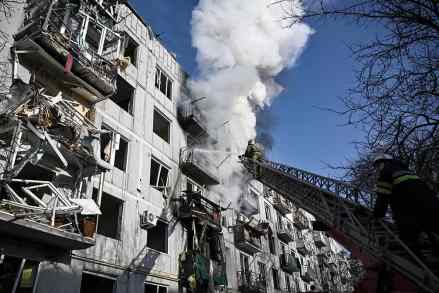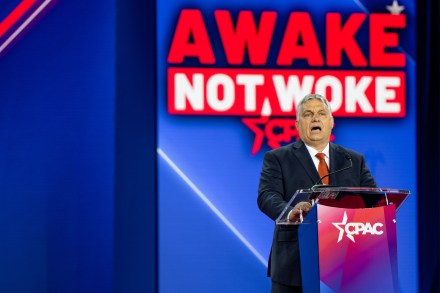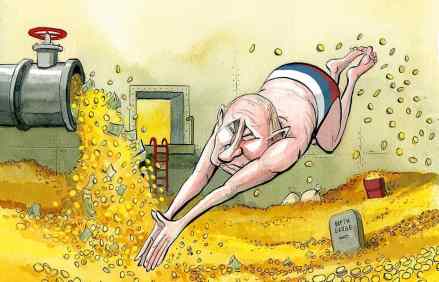The danger of a Labour supermajority
We are witnessing what could well be the last few weeks of a constrained Labour party. Sir Keir Starmer is saying as little as possible about his agenda and is instead listing what he won’t do (raise income tax, etc). He is rightly fearful that the Conservatives may do better than the opinion polls suggest. That has happened in the past. There may be a ‘shy Tory’ effect in the polls as there was in 1992, 2015 and 2019. Who would admit to voting Conservative in the current climate? Regardless, power now looks certain to come Starmer’s way – perhaps with a majority bigger than that of any modern prime





